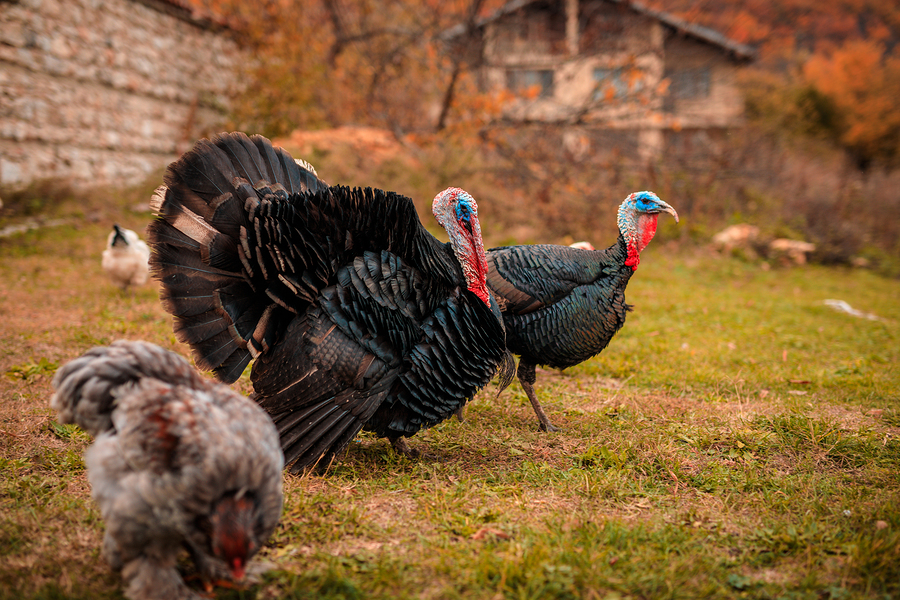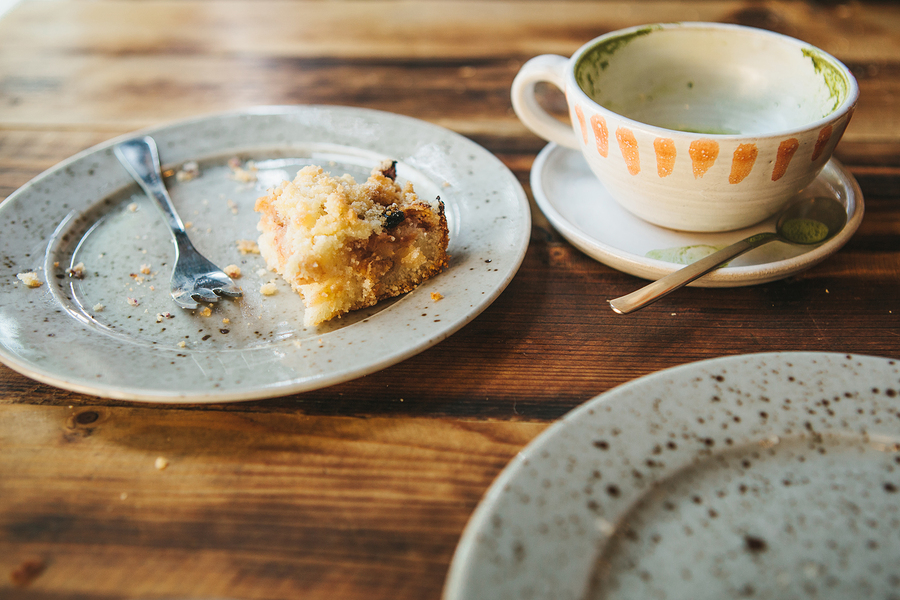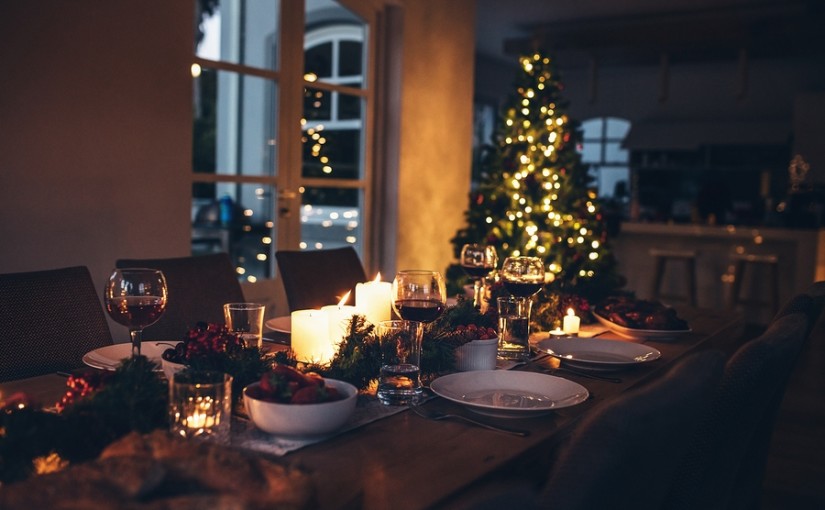We’re dreaming of a green Christmas – and especially a greener, more eco-friendly Christmas dinner.
But what are the ways to cut down on your carbon footprint when cooking for the family this Christmas? Here are our tips for an environmentally friendly Christmas dinner.
1. Portion control
Christmas is a time of indulgence, but a bit of portion control is a good start. For instance, roasting a whole turkey will take longer – and more energy – than a turkey crown, and cooking sensible amounts of veg is easier and less energy-intensive too.
Reasonable portions can still leave enough for seconds, but with all the snacks and treats around at Christmas, it might be the one time of year not to cook extra for tomorrow morning’s bubble and squeak…!
2. Country of origin
If your ingredients have travelled further than the Three Wise Men to reach your Christmas dinner table, think of the carbon miles they may have clocked up.
Buy local ingredients where possible – in supermarkets, look for produce from the UK or neighbouring countries.
To really support your local community and indulge in some quality groceries you might not normally consider, find a local farm shop, not only for minimal carbon miles, but also potentially to avoid so much packaging.

3. Waste not…
We’ve touched on portion control to reduce the amount of oven space and energy used, but what you do with leftovers is important too – and bubble and squeak is not the only option.
You may be able to freeze spare ingredients or use them up in other recipes, but if not, consider composting them or throwing appropriate food waste in your garden recycling bin.
Check whether your local kerbside recycling allows kitchen waste in with garden waste, or if there is a separate collection, and what kinds of foods – such as raw and cooked meats – are acceptable.
The wrong kind of food waste can contaminate an entire bin full of organic waste, so be careful about what you throw away, especially at Christmas when you may be cooking foods you don’t normally eat year-round.
4. Table decorations
Natural table decorations are an authentic centrepiece for a Christmas feast, so if you have a holly tree in your garden, snip a few branches off and make a wreath to go around a large candle, or a similar table centrepiece.
Be careful if you actually light candles on the table, as obviously they are naked flames, but give similar thought to the other decorations, from reusable napkins, to Christmas crackers made of recycled paper.
5. Cleaning up
After dinner, consider using natural cleaning products that are less harmful on the environment. Reusable cloths that can be put through a rinse cycle can be better than disposable paper towels, especially if contamination with cleaning fluids means they cannot be recycled.
Give some thought to everything you clean from your dinner table – don’t just put it all in the general waste bin for landfill, when just a couple of minutes out from your Christmas celebrations could allow much of it to be sorted and put into recycling bins instead.

